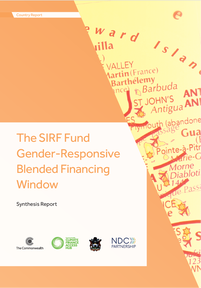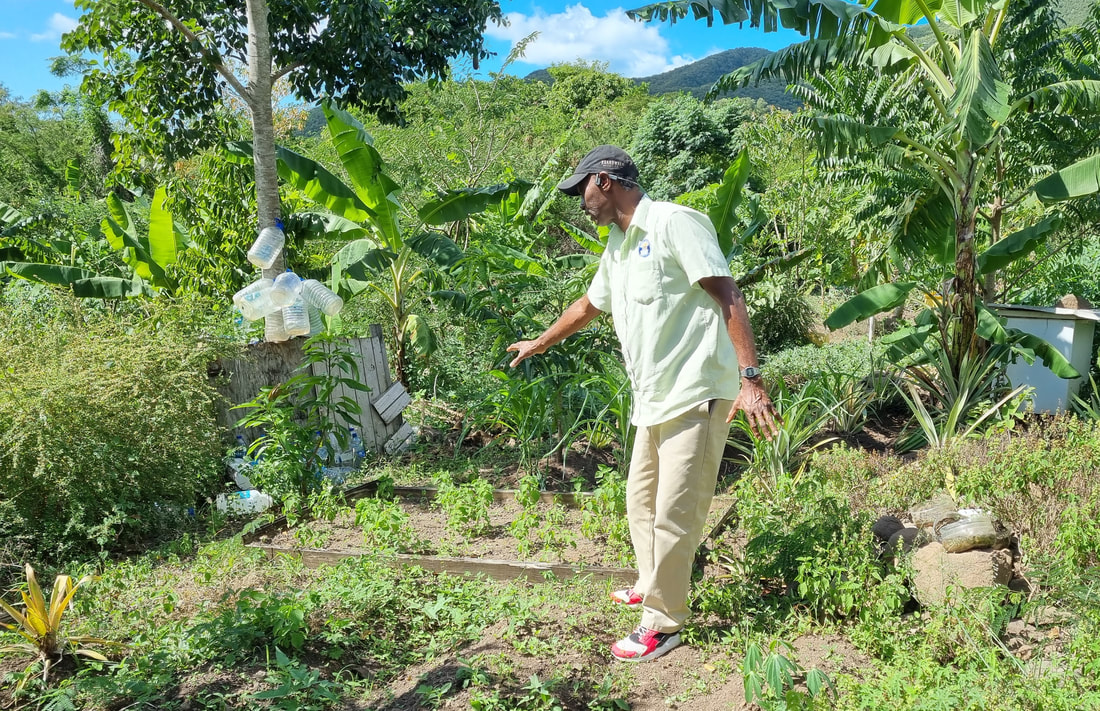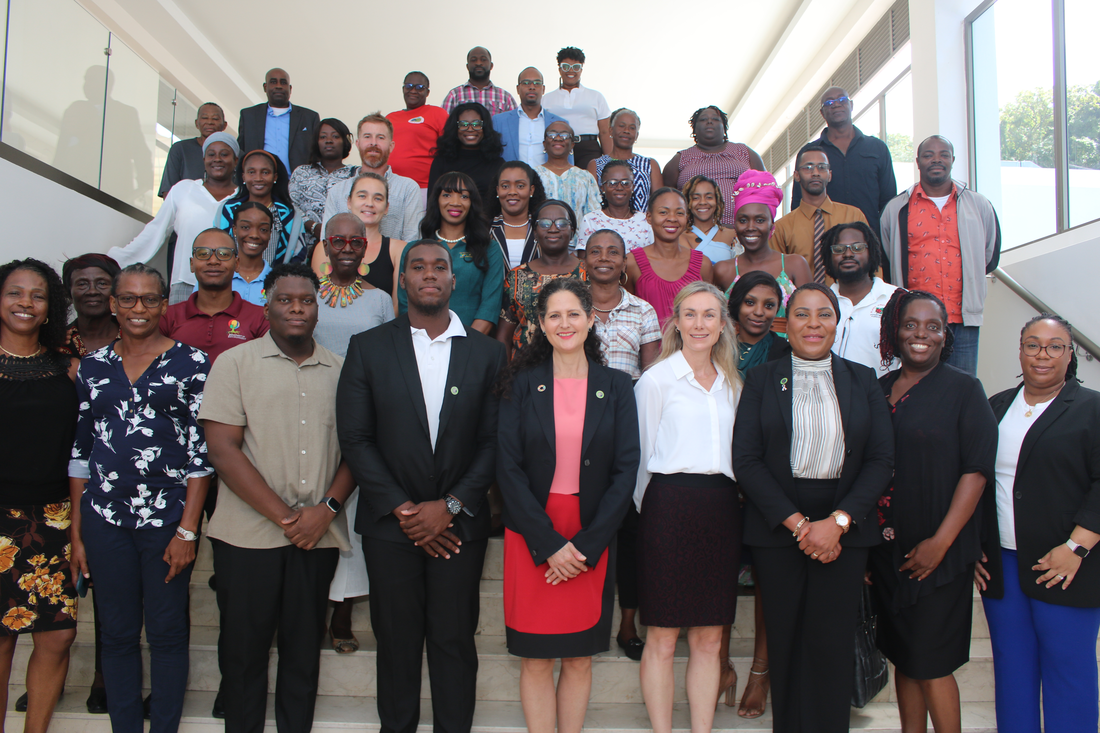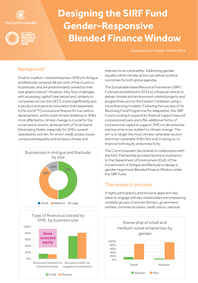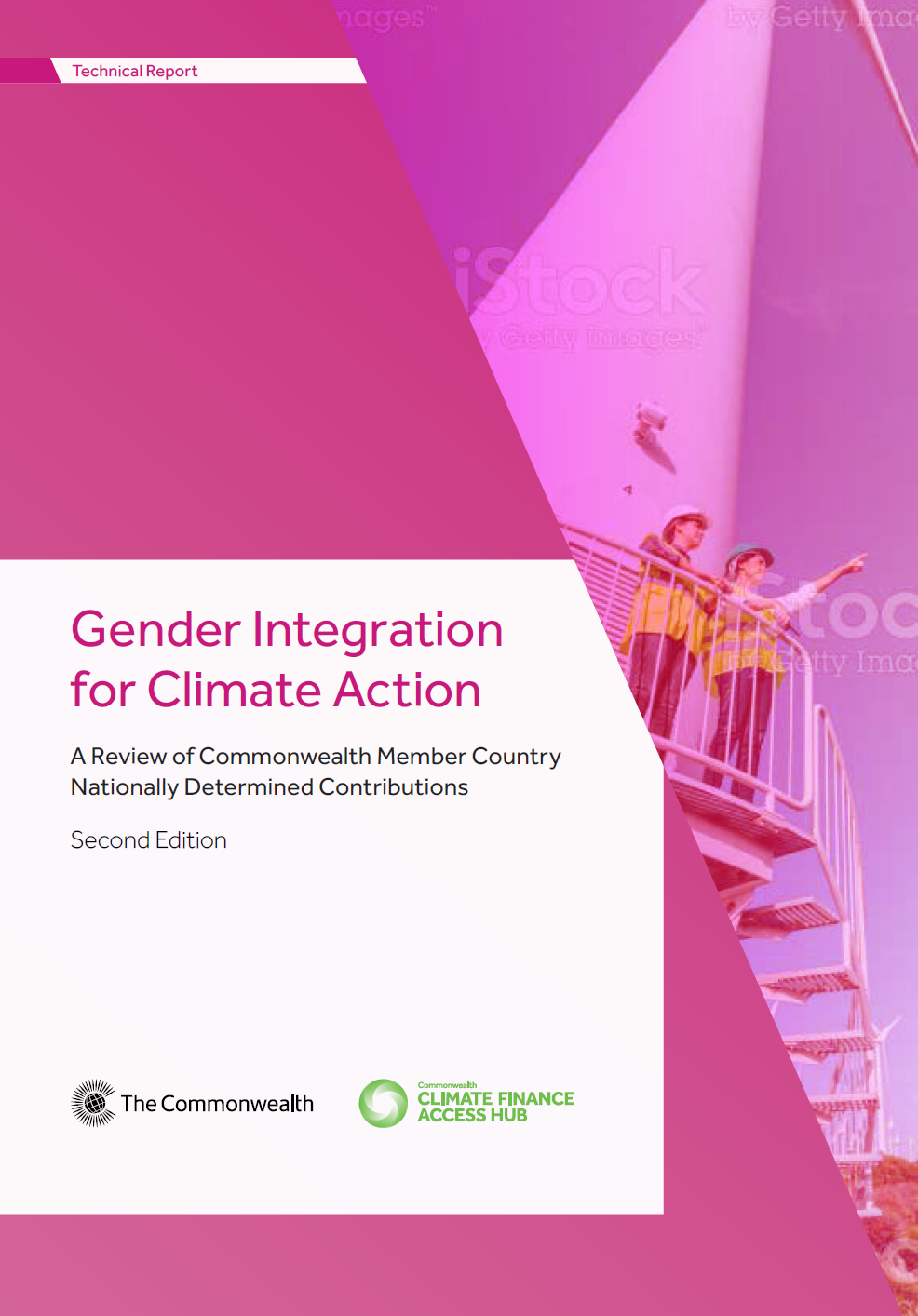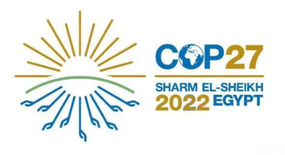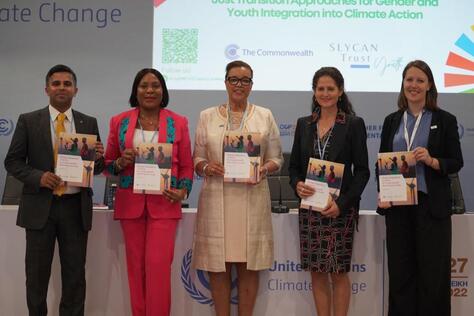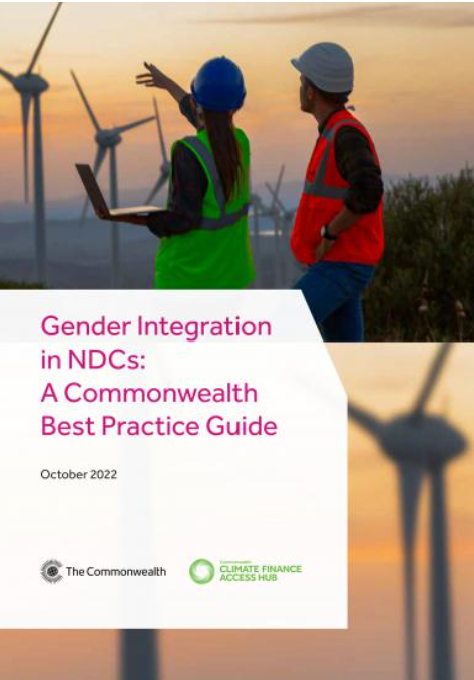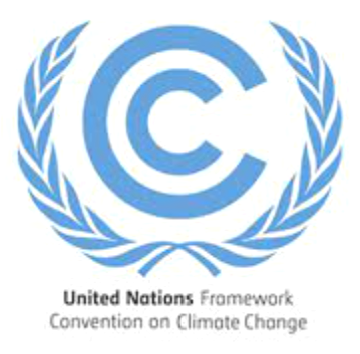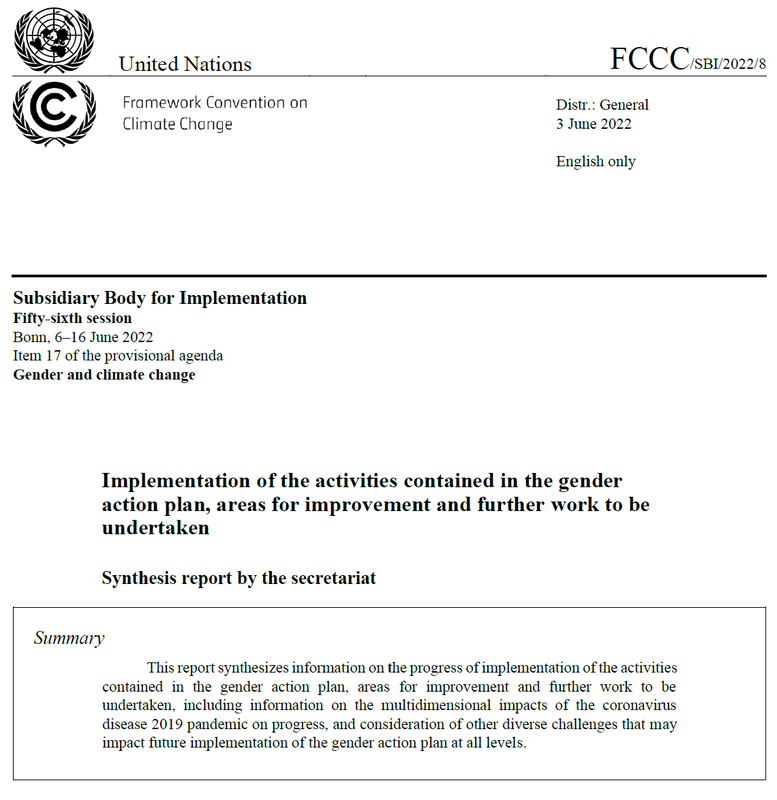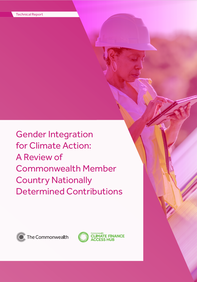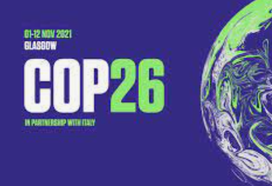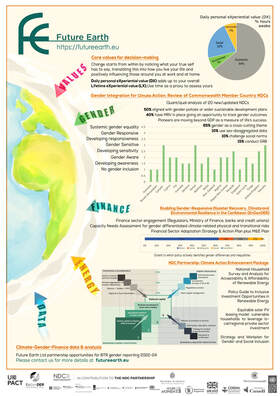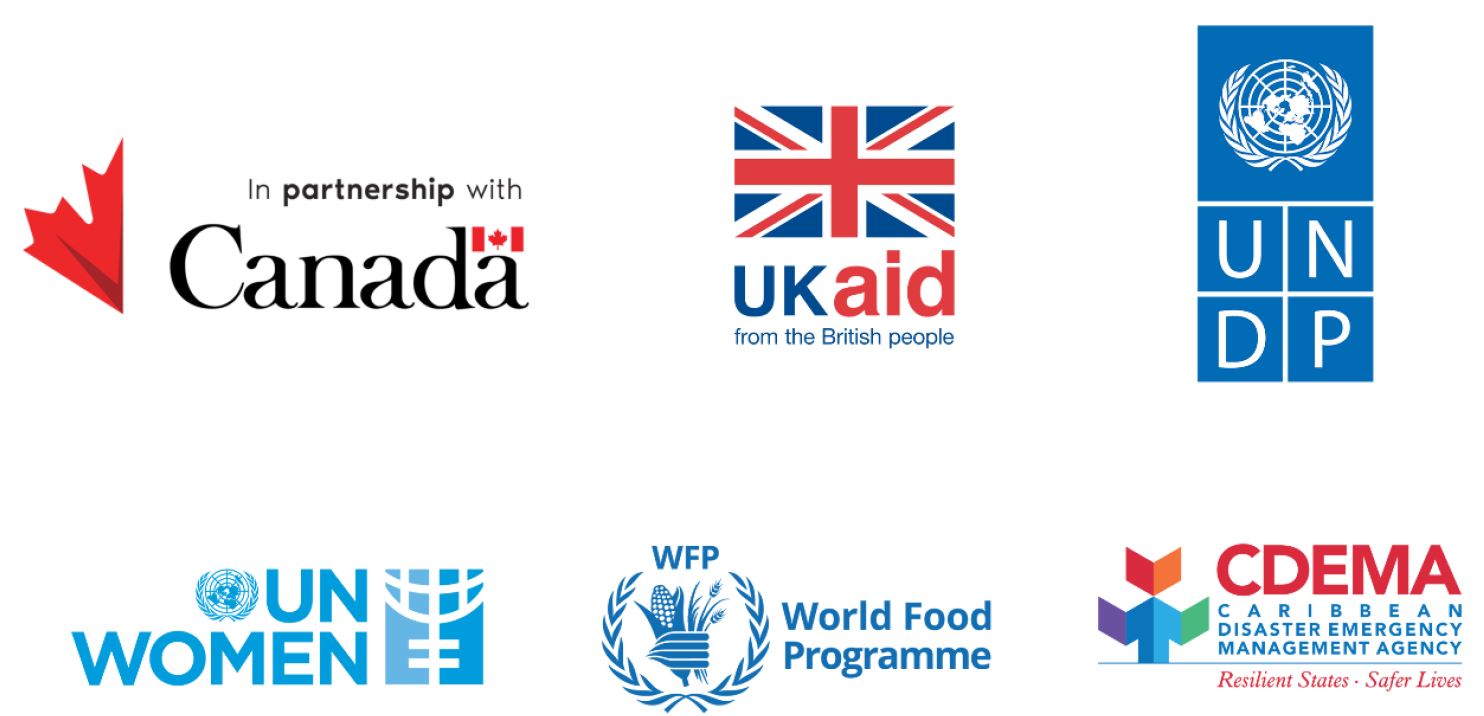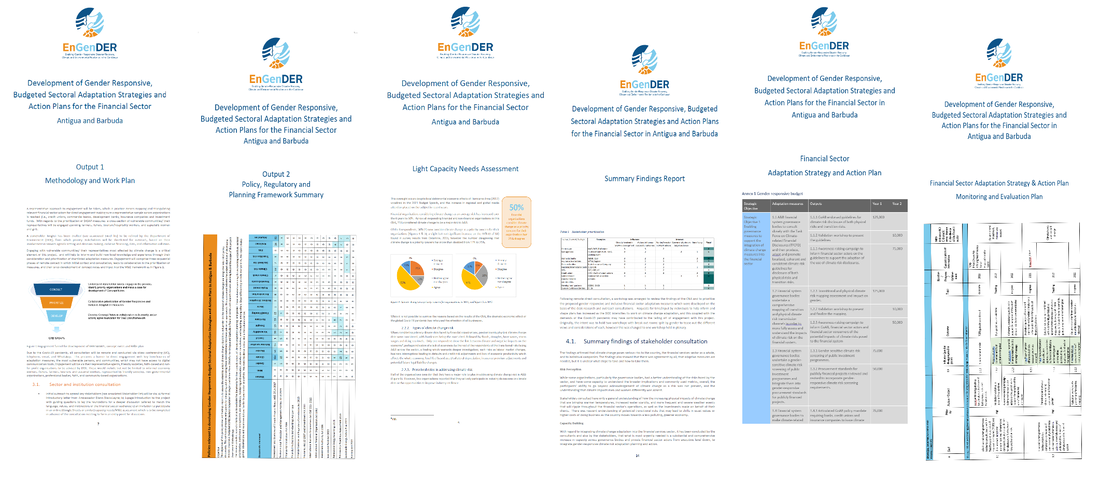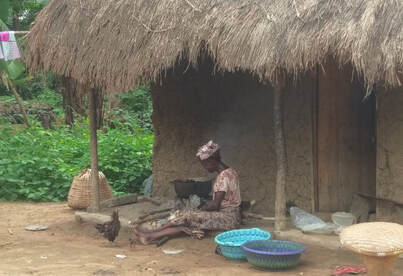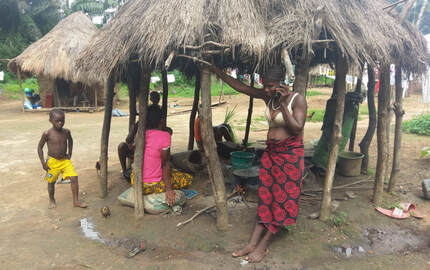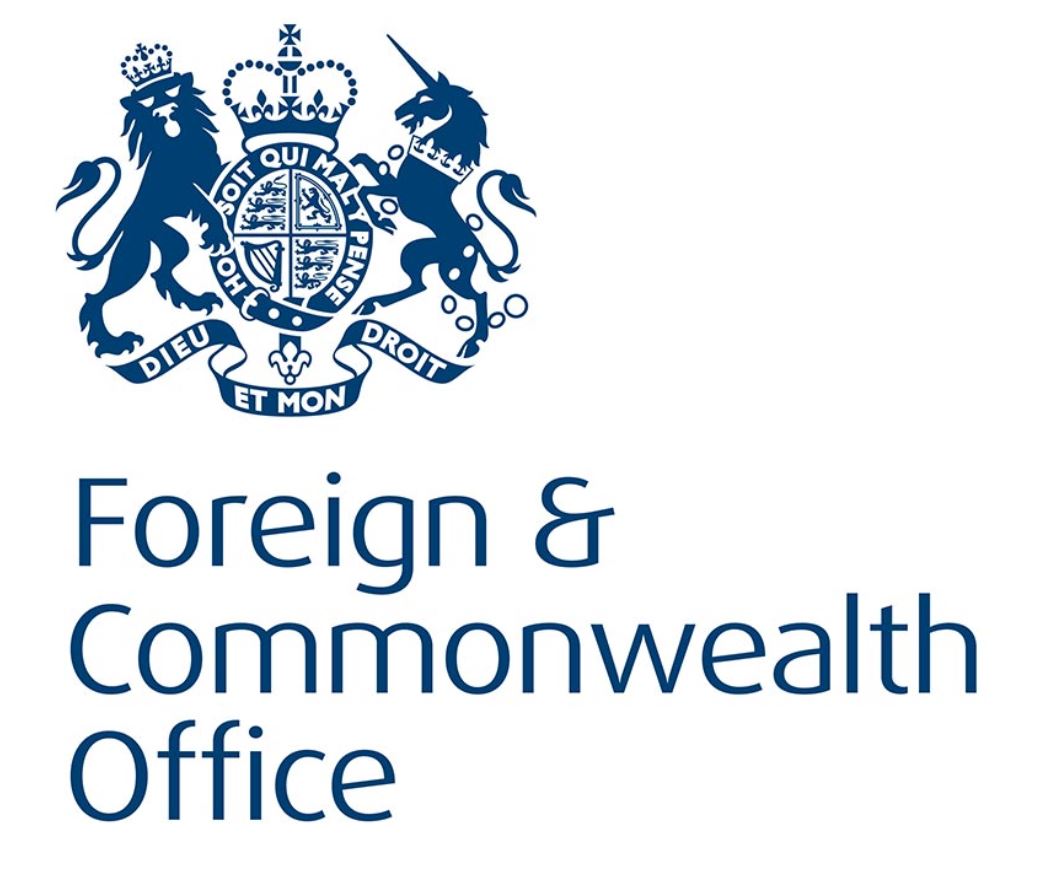Future Earth provides climate gender advisory services to inter-governmental organisations, national governments
and the private sector for a gender-just low-carbon transition.
and the private sector for a gender-just low-carbon transition.
|
Developing gender-responsive policies and strategies?
Financing gender-targeted projects? Or need gender-specific investment? Please Contact Us. |
Future Earth Ltd is a signatory of the
Gender and Energy Compact |
Designing a gender-responsive, blended
financing mechanism for the national SIRF Fund
|
In a global first, Future Earth Ltd designed a
gender responsive blended finance window for the Government of Antigua and Barbuda SIRF Fund to help meet NDCs and SDG5. Work curtesy of the Commonwealth Secretariat and NDC Partnership. |
|
Portfolio level targets include:
Bended finance window includes:
|
COP27 Capacity Building Hub
Strengthening Gender Integration in Commonwealth Country NDCs
|
Our Gender Integration for Climate Action: A Review of Commonwealth Member Country NDCs second edition report examines how and the extent to which gender is incorporated in NDCs using original quant/qual analysis across policy, institutional coordination, capacity building, MRV and financing with recommendations for the 2025 revision cycle.
|
Gender Integration in
|
The guide supports Commonwealth member countries on the journey towards gender equality in climate action. It encourages users to reflect on the NDC update processes and provides a sample of best practices from across Commonwealth NDCs and timelines for action.
|
UNFCCC Subsidiary Body for Implementation
|
Gender Integration for Climate Action:
A Review of Commonwealth Member Country NDCs
|
"Women and young people are valuable positive agents of change. They are champions for inclusive climate action which is essential for communities and economies to thrive".
Catherine carried out the baseline analysis and assessment of the extent to which gender is integrated in Commonwealth Member Countries’ NDCs. The first edition report was launched at COP26 in Glasgow at the Commonwealth Secretariat Pavilion. |
COP26 Gender Market Place
Future Earth Ltd was selected to present our recent work on the gender-climate-finance nexus at the
UNFCCC COP26 Glasgow Gender Market Place
UNFCCC COP26 Glasgow Gender Market Place
UNDP Enabling Gender-Responsive Disaster Recovery, Climate and
Environmental Resilience in the Caribbean(EnGenDER)
|
In the Northern District of Sierra Leone, Future Earth secured EUR 1.2mill from the EUTF for Trócaire to work with local community organisations Trócaire, AAD-SL, DESAL and WOFHRAD on systems strengthening to support vulnerable women and youth through income diversification and progressive agro-ecological approaches.
By learning to map their economic and natural assets (with geo-satellite imagery) and developing local sustainability plans, communities are improving the natural resource management of the degraded forests and land. Using simple irrigation techniques and installing/upgrading wells, agricultural productivity is increased. Crucial is the programme of work educating women and girls on their rights under the gender justice laws. |
Feasibility & Case Studies
UK Foreign & Commonwealth Office
|
Funded by the UK Foreign and Commonwealth Office, Future Earth carried out feasibility studies and a suite of capacity building workshops and events to improve understanding of integrated systems models for city planning and resource investment in Ulan Batar, Mongolia.
Tackling air and eye pollution from burning coal in gers, refuse collection and recycling, and water contamination issues arising from widespread use of pit latrines are all pressing problems for women and which compete for the limited public purse. |

